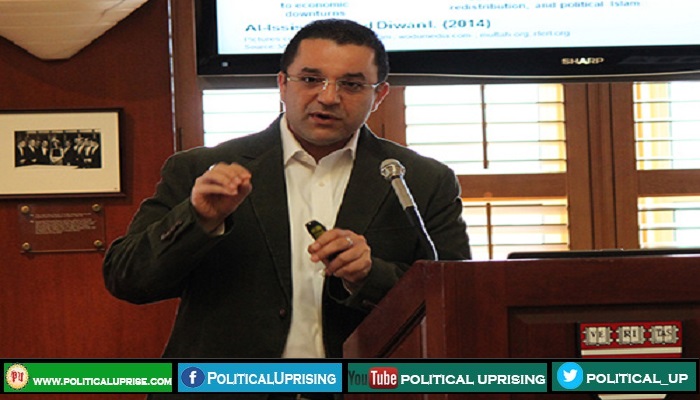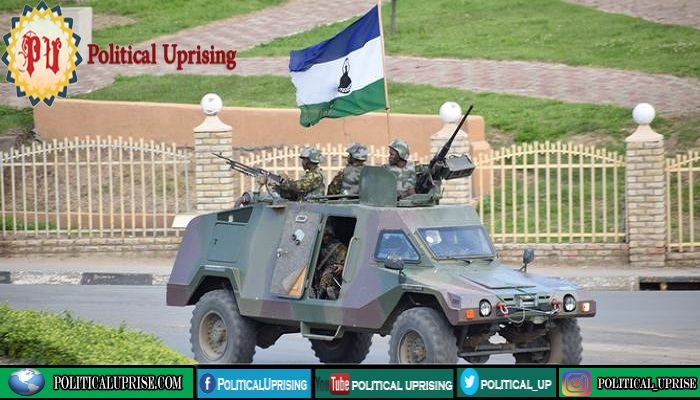Talks over disputed Nile dam has resumed as irrigation ministers of Egypt, Ethiopia and Sudan have met in Cairo for a new round.
Immigration ministers of three countries meet in Cairo for talks aimed at resolving dispute over water distribution.
The irrigation ministers of Egypt, Ethiopia and Sudan have met in Cairo for a new round of talks aimed at resolving a dispute over a multibillion-dollar dam being built by the Ethiopian government.
The two-day meeting, which got under way on Monday in the Egyptian capital, comes almost a month after the three sides agreed to work towards resolving the issue at a US-brokered meeting in Washington, DC.
Talks had previously broken down over rules regulating the dam’s filling and operations, necessitating foreign mediation.
Addis Ababa contends the project, dubbed the Grand Ethiopian Renaissance Dam (GERD), is crucial to its economic development and, at its peak, will generate more than 6,000 megawatts of electricity.
But Cairo is concerned the dam, located near Ethiopia’s border with Sudan and approximately 70 percent complete, will restrict its already scarce share of water from the Nile.
Egypt wants Ethiopia to agree to release a minimum of 40bn cubic metres of water from GERD annually. It is also calling for the accompanying reservoir to be filled over a longer period than the four or so years envisaged by Ethiopia, in order to ensure water supplies remain sufficient in the event of droughts.
Analysts fear that the three Nile basin countries could be drawn into conflict if the dispute is not resolved before the dam begins operating.
Sudanese experts on Saturday said the prolonged negotiations regarding the disputed Grand Ethiopian Renaissance Dam (GERD) would not lead to settlement of outstanding issues among relevant countries.
The remark was made ahead of a new round of talks between irrigation ministers of Sudan, Egypt and Ethiopia, slated for Dec. 2 to 3, in the Egyptian capital of Cairo.
During the talks, technical committees of the three countries is trying to reach an agreement on the filling and operation of the GERD before Jan. 15, 2020.
“These negotiations will not lead to anything, that is why I left the Nile water file,” said Ahmed Al-Mufti, former member of Sudan delegation to the Nile water negotiations and its legal adviser.
“If the outcomes of the technical committees are non-binding and the construction continues, it means that the negotiations are not serious,” noted Al-Mufti.
Read More:
- Bolivia Congress approves new elections excluding Preceded president
- British Islamic State fighters will be brought back
- Jordan finance minister reject new taxes claim in budget
He went on to say that “Sudan and Egypt have recently reached a conviction that the current negotiation is not feasible as it has been confined to marginal issues relating to the filling and operation of the dam. “What matters more are the ensuring of water security and water supply, as well as that the dam would not collapse.”
The expert stressed that the ongoing negotiations since 2011 have not reached any result, saying “therefore, Egypt asked for the mediation of the United States of America.”
“No international intervention can achieve any result since the Declaration of Principles, signed by the three countries in 2015, still works,” he added.



